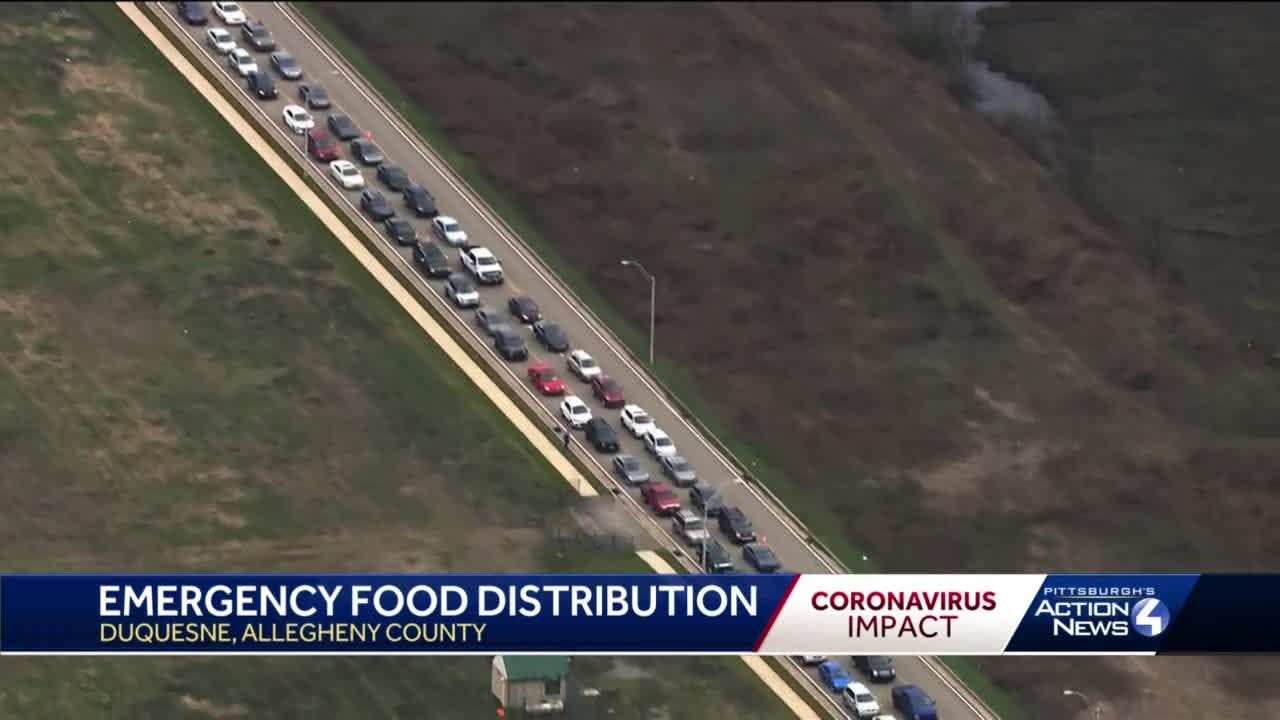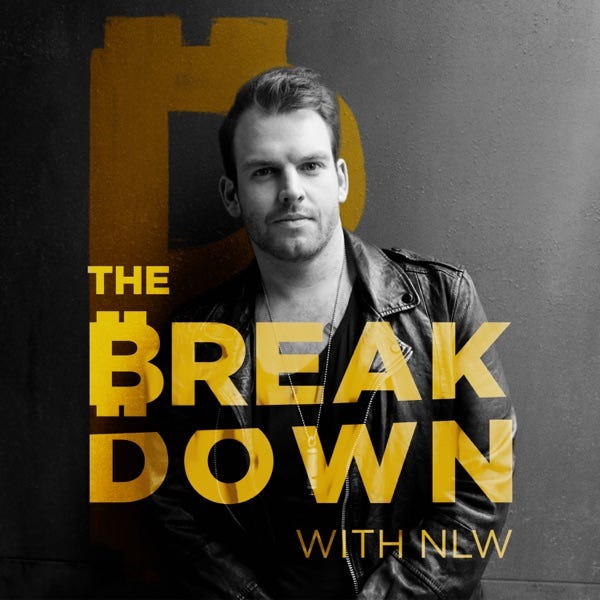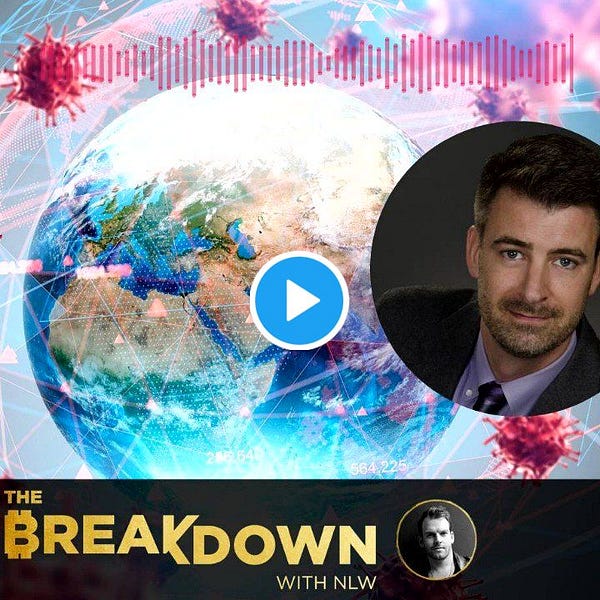Happy Sunday from the Hudson Valley
For the past few weeks, I’ve been dividing LRS into a set of 5 or so themes that shaped the week. This week there is just one overall theme, with many dimensions:
I believe that in all of our discussions of “V-shaped recoveries,” and pent up demand and bouncing back and even our overwhelm at the statistics being presented daily, we’re still underestimating how significantly we will be changed, as an economy and as a society, on the other side of this.



One other note before we dive in - at the suggestion of a reader, I’m going to put a quick hit list of the week’s top crypto news right at the beginning of this email. Let me know if this is a useful addition to the more narrative form of LRS.
Happy Long Reads - NLW
This Week’s Top Bitcoin & Crypto News
CZ and Binance confirmed their acquisition of CoinMarketCap - with a price tag between $300m-$400m
Two DeFi projects - Uniswap and PoolTogether - have received $1.1m in funding via Coinbase.
Coinbase confirmed anecdotes that retail customers had increased buying during the dip
According to Vitalik, Ethereum 2.0 multiclient testnets should be coming in April
The French central bank is looking to accelerate efforts around digital currency experiments
Tron launches “Djed” - their version of a MakerDAO-style stablecoin
Mt Gox sees yet another delay to the rehabilitation proceedings.
Our main theme: what it means to have no normal to go back to?
One of the reasons I think we are - in general - underestimating the scope of change the Corona crisis will bring has to do with the idea of second order effects.
Second order effects are things that happen because something happened because something happened.
My friend Emerson and a set of collaborators are curating a selection of the second order effects likely to arise because of the Covid-19 crisis.


Some of these second order effects are more obvious and many of us have been thinking about, while others still lay a few steps away from popular consciousness.
Take for example:
The inevitability of the government now being a backstop for private enterprise

The end of cash and the acceleration of central bank surveillance currencies



The rise of more invasive data tracking in the name of public health


An ever deepening loss of trust in institutions that have continuously switched their stories and failed to keep us safe




A knock on crisis in real estate as individual borrowers fail to pay mortgages and commercial real estate is hampered by bankruptcies and shifts away from office work to remote work
A recognition of manufacturing and supply chain security as national security, with impacts for everything from what jobs people get to what things cost

Then, of course, there is the role of the dollar in the world. This is something that bitcoiners are particularly interested in, but they’re not the only ones.



Max notices Jeffrey Snider’s argument that the impact is likely to be less hyperinflation in the US and more offshore contraction with implications for local currencies and people fleeing to something different.


Raoul thinks this will create pressure for governments to move off the USD as the world’s reserve currencies to some digital currency basket.


In short, we’ve barely begun to scratch the surface of these second order effects. Many of them will have as big a structural impact on the world around us as the more obvious health and economic crises we’re seeing right now.

If you’re interested in this discussion of second order effects, subscribe to The Breakdown podcast. Emerson Spartz will be joining me Monday to go deep on exactly this. Subscribe here.

On The Breakdown this week:
Monday | Bitcoin, Stablecoins, DeFi and Privacy: How COVID-19 is Changing Key Crypto Narratives
Tuesday | ‘If You’re Not Radicalized, You’re Not Paying Attention’ Feat. Nic Carter
Wednesday | How Coronavirus Is Accelerating the End of Globalism, Feat. Peter Zeihan
Thursday | 5 Reasons For Cautious Optimism In Crypto
Friday | Will DeFi Even Matter In A Post-Corona World? Feat. Matt Luongo






